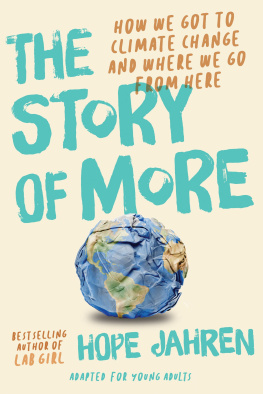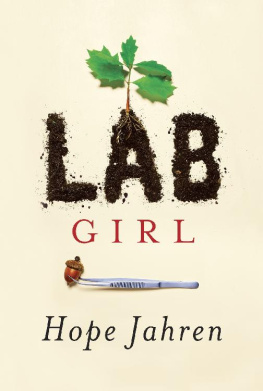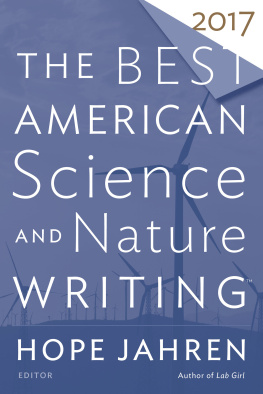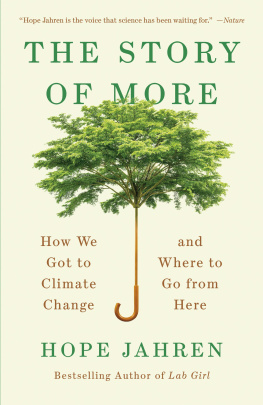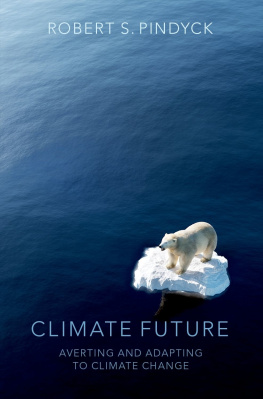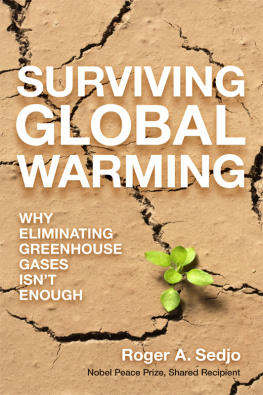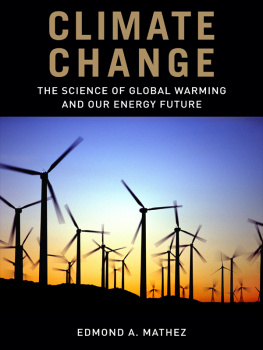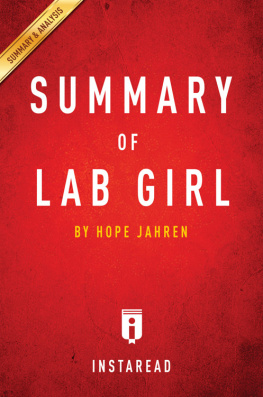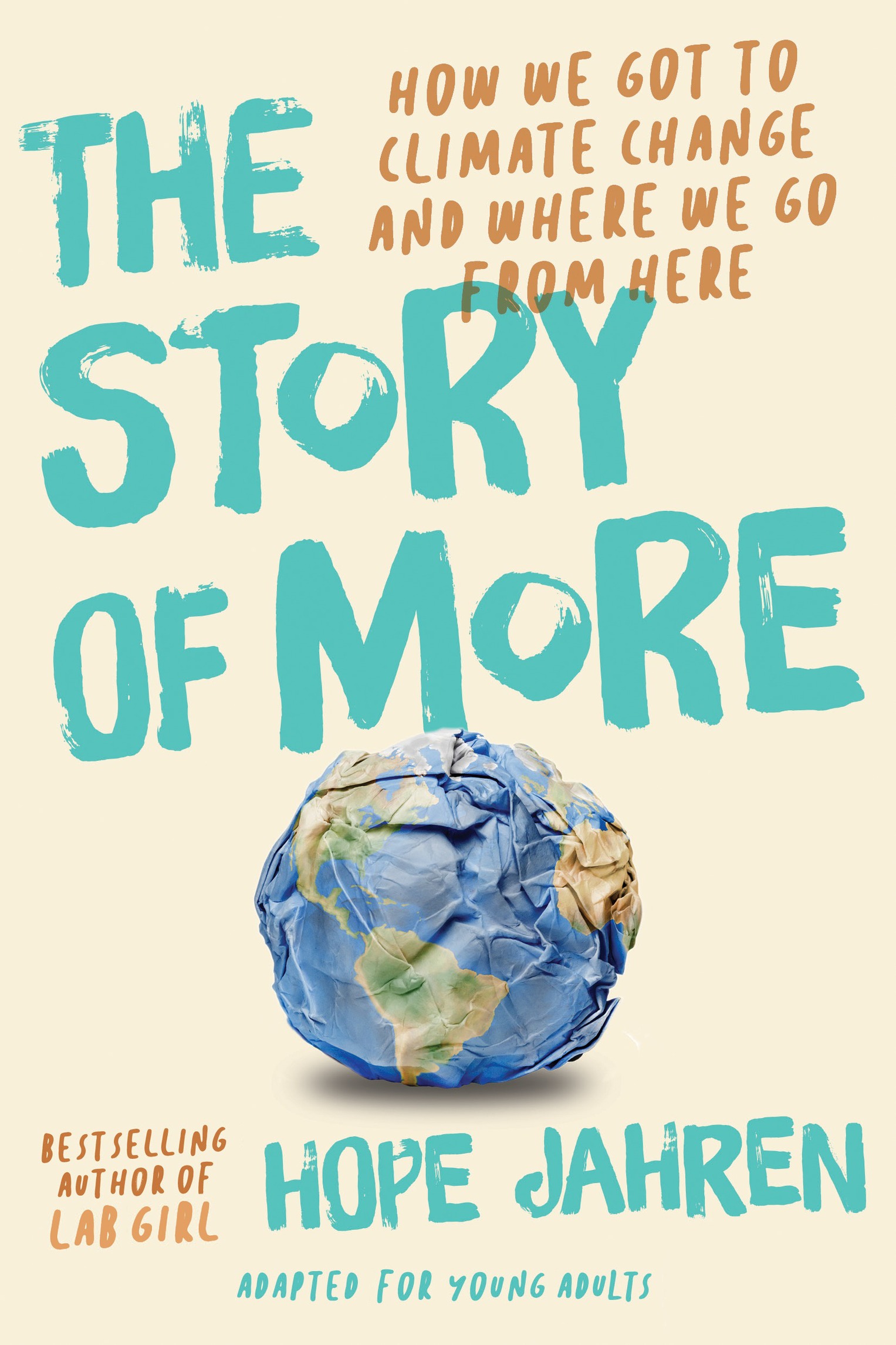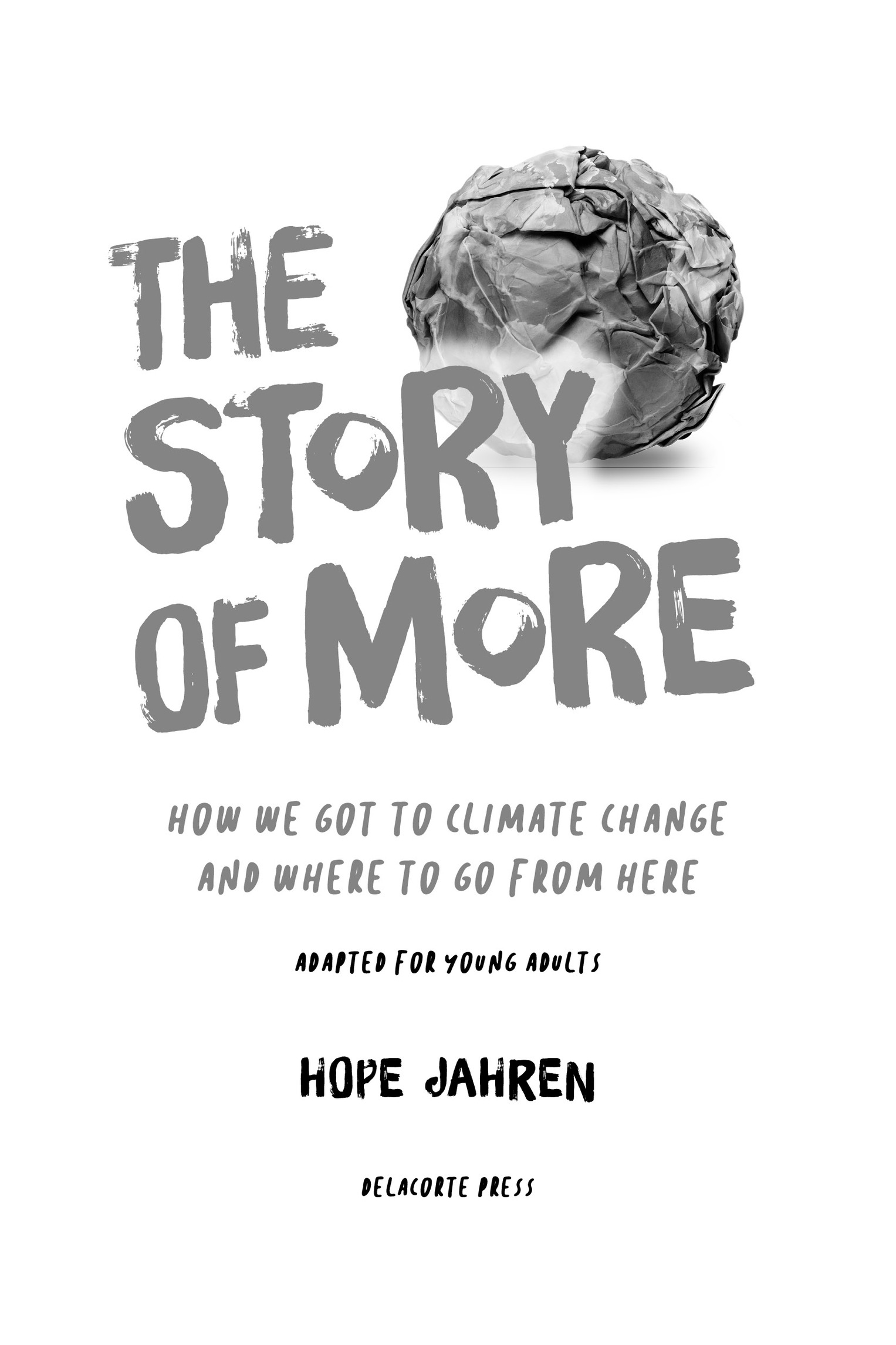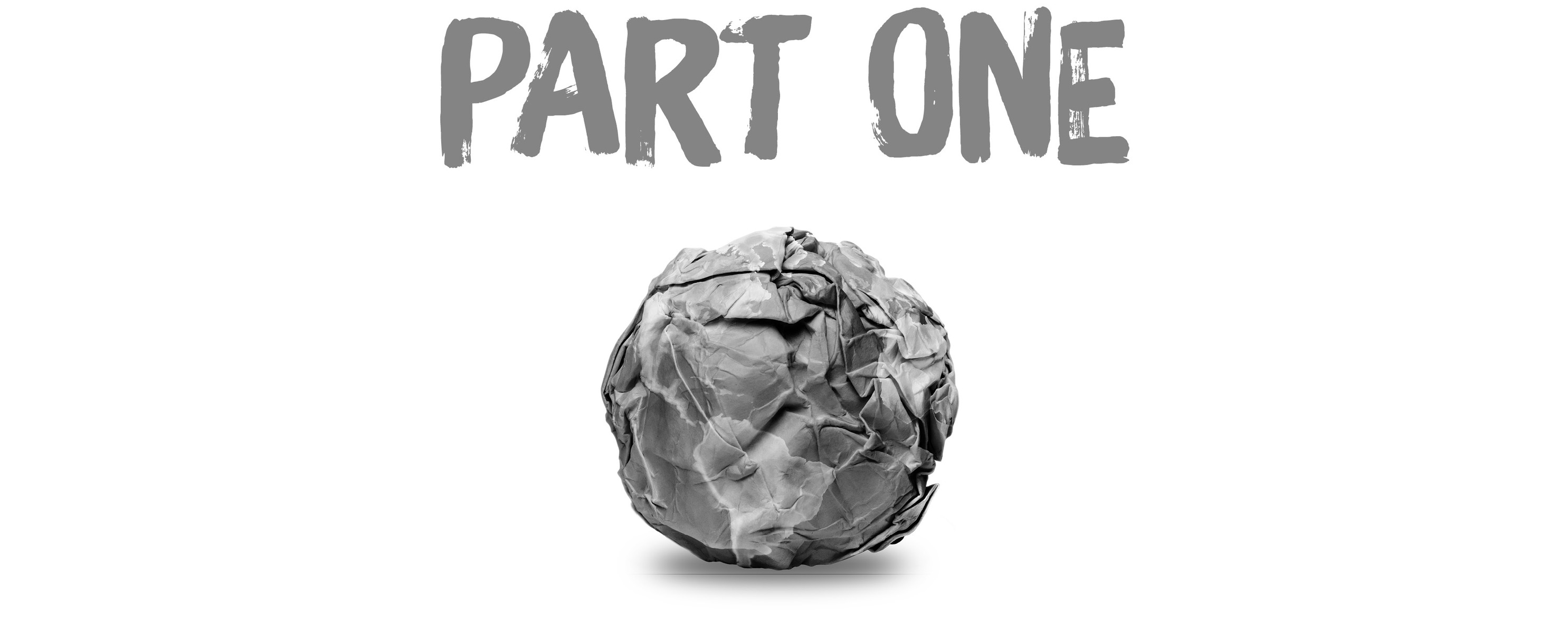All rights reserved. Published in the United States by Delacorte Press, an imprint of Random House Childrens Books, a division of Penguin Random House LLC, New York.
Delacorte Press is a registered trademark and the colophon is a trademark of Penguin Random House LLC.
Educators and librarians, for a variety of teaching tools, visit us at RHTeachersLibrarians.com
Library of Congress Cataloging-in-Publication Data is available upon request.
ISBN9780593381120 (trade) ISBN9780593381137 (lib. bdg.) ebook ISBN9780593381144
Random House Childrens Books supports the First Amendment and celebrates the right to read.
Penguin Random House LLC supports copyright. Copyright fuels creativity, encourages diverse voices, promotes free speech, and creates a vibrant culture. Thank you for buying an authorized edition of this book and for complying with copyright laws by not reproducing, scanning, or distributing any part in any form without permission. You are supporting writers and allowing Penguin Random House to publish books for every reader.
A NOTE FROM THE AUTHOR
The first edition of this book was released on March 3, 2020 and was released for an adult audience.
During the same week that The Story of More was released, the number of people testing positive for COVID-19 worldwide first exceeded one thousand per day. Just two weeks later, that number increased to ten thousand per day. Before the end of the month, the United States had reported over one hundred thousand cases of COVID-19 within its borders alone, and all of Europe was effectively locked down. In Norway, the country where I live, our workplaces were shut, our childrens schools were closed, and use of public transportation was limited to medical and other civil workers. We spent our days at home, leaving only to visit the grocery store or pharmacy. I was terrified for myself and for my family, but I was also hopeful that the take-home recommendation of my book Use Less, Share More could play a key role in getting through the pandemic.
Throughout 2020, global societies shifted between the status of locked-down and openly functioning, with many spending months going back and forth and living in-between. International air travel was effectively halted for much of 2020, and both working and learning at home became common. Our everyday activities gave us the impression that the transportation of people and the manufacture and shipping of goods by car, truck, plane, or boat decreased radically during 2020. Because industry and transport produced the lions share of greenhouse gases prior to COVID-19, many scientists were eager to learn whether the total amount of these gases in the atmosphere (particularly carbon dioxide, that is CO2) was lower in 2020 compared to 2019.
Unfortunately, it was not. The average amount of CO2 in the atmosphere during 2020 was 414 parts per million (ppm is the unit used for measurement), while the average for 2019 was lower: 412 ppm. Not only that, but in 2018 the value was 409 ppm, in 2017 it was 407 ppm, in 2016 it was 404 ppm, and in 2015 it was 401 ppm. This means that for the last five years, the amount of CO2 has increased steadily by 2 to 3 ppm each year, and 2020 was no exception. We know that the cycling of gases in and out of the atmosphere is complex, but two things have become clearfirst, that the massive disruption to our lives brought on by COVID-19 during 2020 did not translate into a massive decrease of CO2 in our atmosphere. Second, that any effects were likely more subtle and will be expressed on longer time-scales than we can appreciate at this moment. Theres another possibility, too: maybe all of our life changes in 2020 added up to no more than an imperceptible baby step toward a reduction in global energy use, indicating that real environmental progress will require much greater sacrifices. I can promise you this: scientists will be studying the effect of the 2020 shutdown on our environment for a very long time.
None of this changes the fact that, for very many of us, our daily energy use decreased during 2020. I am often asked whether we will go back to consuming as much energy, waste as much food, or harm the environment as much as we used to, after society someday returns to normal post-COVID-19. I cant predict the future (and you shouldnt trust people who think they can), but I do know this: that the majority of the driving and meeting and buying and flying and shopping and traveling before 2020the things we had done for years because they were necessary, for our jobs, for our families, for our livesso many of them turned out to be optional. For better or worse, or for even better or even worse, weve gone months without constantly appealing to the habits that the last fifty years of consumption drilled into us, and we mostly survived. This can be a firm foundation for truly transformative change, if we can be brave enough to believe such change is possible.
At present, the COVID-19 epidemic is no longer raging in the United States; we are tentatively coming out of our homes and into public spaces in order to work and play and learn. There is much to rebuild: 2020 has disrupted almost every aspect of the economy. Moreover, we are still waiting on a full distribution of vaccines against the virus, and we will have to alter our interactions until it is complete.
Soon, my university will reopen, and I will go back to work. I am looking forward to being out among people, even at a distance. I am delighted that The Story of More is finding a new audience, as the future belongs to those young enough to shape it, hence this edition for a younger set of readers. If anything, I now believe even more strongly in the hopeful thesis of this book: that hidden inside humanitys capacity to make a problem is the capacity to solve it.
Like everyone I know, I hate and fear COVID-19 and wish it had never come upon us, but as the great Korean poet Yu Chi-hwan wrote, Hope can flow even into a torn pocket. Even if greenhouse gases did not plunge as a side effect of the tragedy, we have learned something about ourselves. For the first time in at least a generation, we slowed to a stop, we let go, and we lived without. This makes us a people who can do so, when we have to. Whether it makes us a people who can commit to doing as much as it takes is a more difficult question, and we must find the answer together.
From the poem Nostalgia by Yu Chi-hwan
LIFE
The universe is change; our life is what our thoughts make it.
Marcus Aurelius Antoninus ( 121180 CE )
1
OUR STORY BEGINS
The sun and solar energy. What a source of power! I hope we dont have to wait until oil and coal run out before we tackle that.

